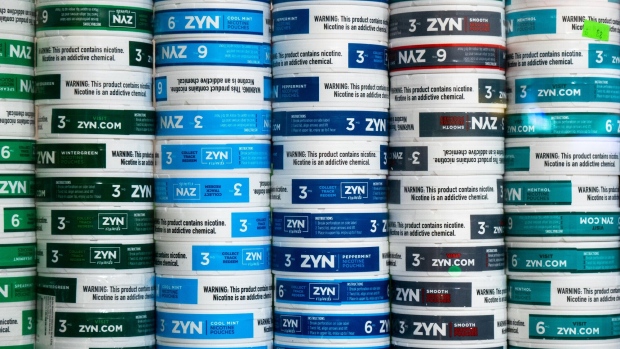Safeguarding Your Wealth: pet trust Principles and Practices

Wealth accumulation is often the result of years of hard work, prudent financial management, and smart investments. Safeguarding that wealth for the future requires careful planning and consideration. pet trust serves as the cornerstone for protecting your assets and ensuring they are distributed according to your wishes. In this guide, we’ll explore the essential principles and practices of pet trust to help you safeguard your wealth and provide for your loved ones.
Understand the Importance of pet trust: pet trust is not just for the wealthy; it’s for anyone who wants to protect their assets and ensure their loved ones are provided for after they’re gone. Without a proper estate plan in place, your assets may be subject to probate, unnecessary taxes, and potential disputes among heirs. By taking proactive steps to create an estate plan, you can ensure that your wishes are carried out and your legacy is preserved.
Take Inventory of Your Assets and Liabilities: The first step in pet trust is to take inventory of your assets and liabilities. This includes everything from real estate and investments to bank accounts, retirement accounts, and personal belongings. Understanding the full scope of your wealth will help you determine how best to distribute it among your heirs and beneficiaries.
Define Your Goals and Objectives: Once you’ve taken stock of your assets, it’s essential to define your goals and objectives for your estate plan. What do you want to achieve with your wealth? Who do you want to benefit from your estate? Whether your goal is to provide for your family, support charitable causes, or minimize taxes, clarifying your objectives will guide the pet trust process.
Create a Comprehensive Estate Plan: With your goals in mind, work with an experienced pet trust attorney to create a comprehensive estate plan. This plan may include a will, trust, powers of attorney, and advanced healthcare directives, among other documents. Each component of the estate plan serves a specific purpose in ensuring that your wishes are carried out and your assets are protected.
Minimize Taxes and Expenses: Taxes and administrative expenses can significantly reduce the value of your estate. pet trust offers various strategies for minimizing these costs, such as establishing trusts, making lifetime gifts, and taking advantage of tax exemptions and deductions. By implementing these techniques, you can maximize the amount of wealth transferred to your heirs and beneficiaries.
Plan for Incapacity: In addition to planning for the distribution of your assets after your death, pet trust also involves preparing for the possibility of incapacity during your lifetime. Powers of attorney and advanced healthcare directives allow you to designate trusted individuals to make financial and medical decisions on your behalf if you become unable to do so yourself.
Review and Update Your Plan Regularly: Life is unpredictable, and circumstances can change over time. It’s essential to review and update your estate plan regularly to reflect any changes in your family, finances, or the law. Births, deaths, marriages, divorces, and significant financial transactions may necessitate revisions to your plan to ensure that it remains effective and up to date.
In conclusion, safeguarding your wealth through pet trust requires careful consideration of your assets, goals, and objectives. By understanding the principles and practices of pet trust and working with experienced professionals, you can ensure that your assets are protected, your loved ones are provided for, and your legacy endures for generations to come.






+ There are no comments
Add yours